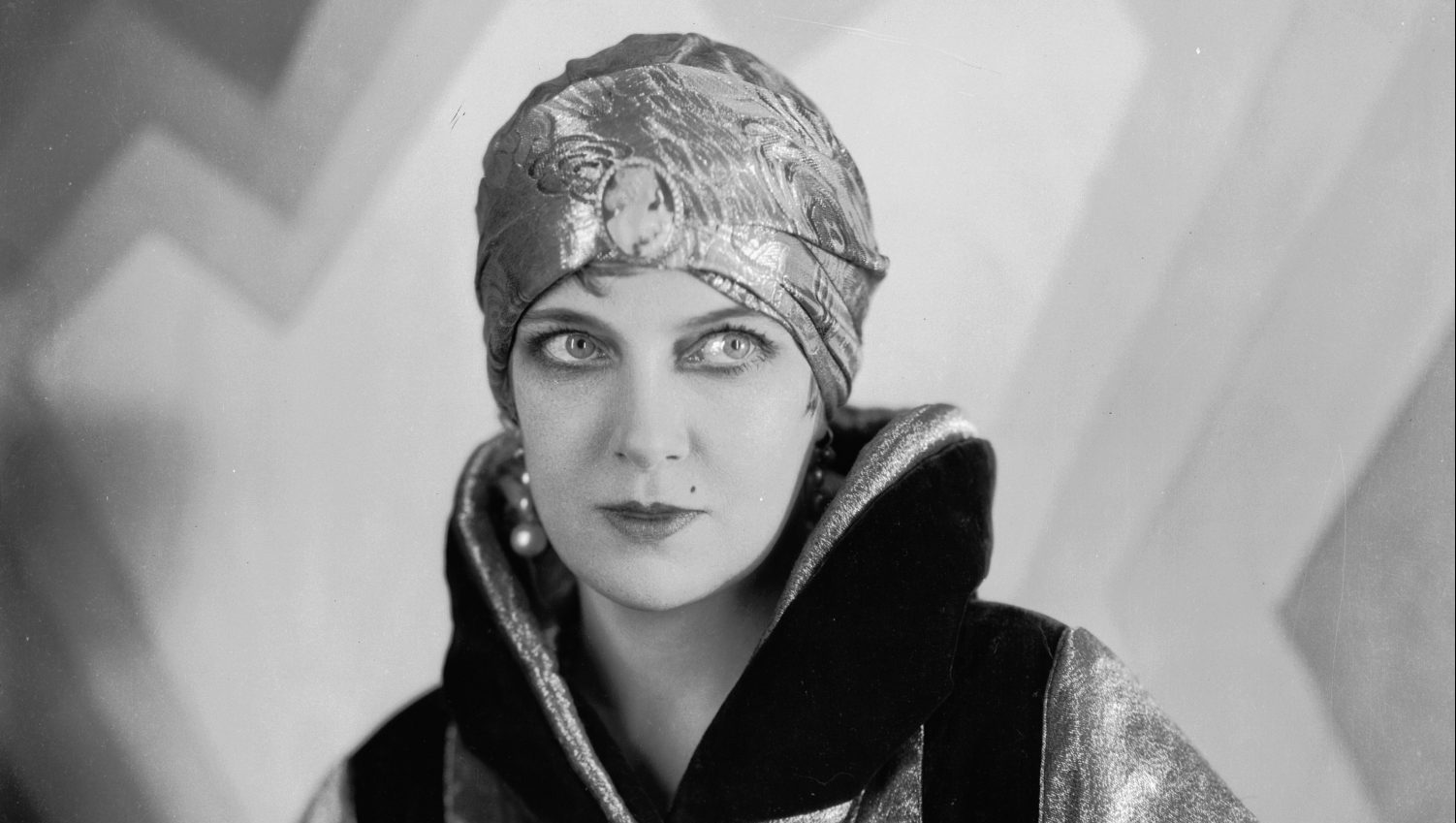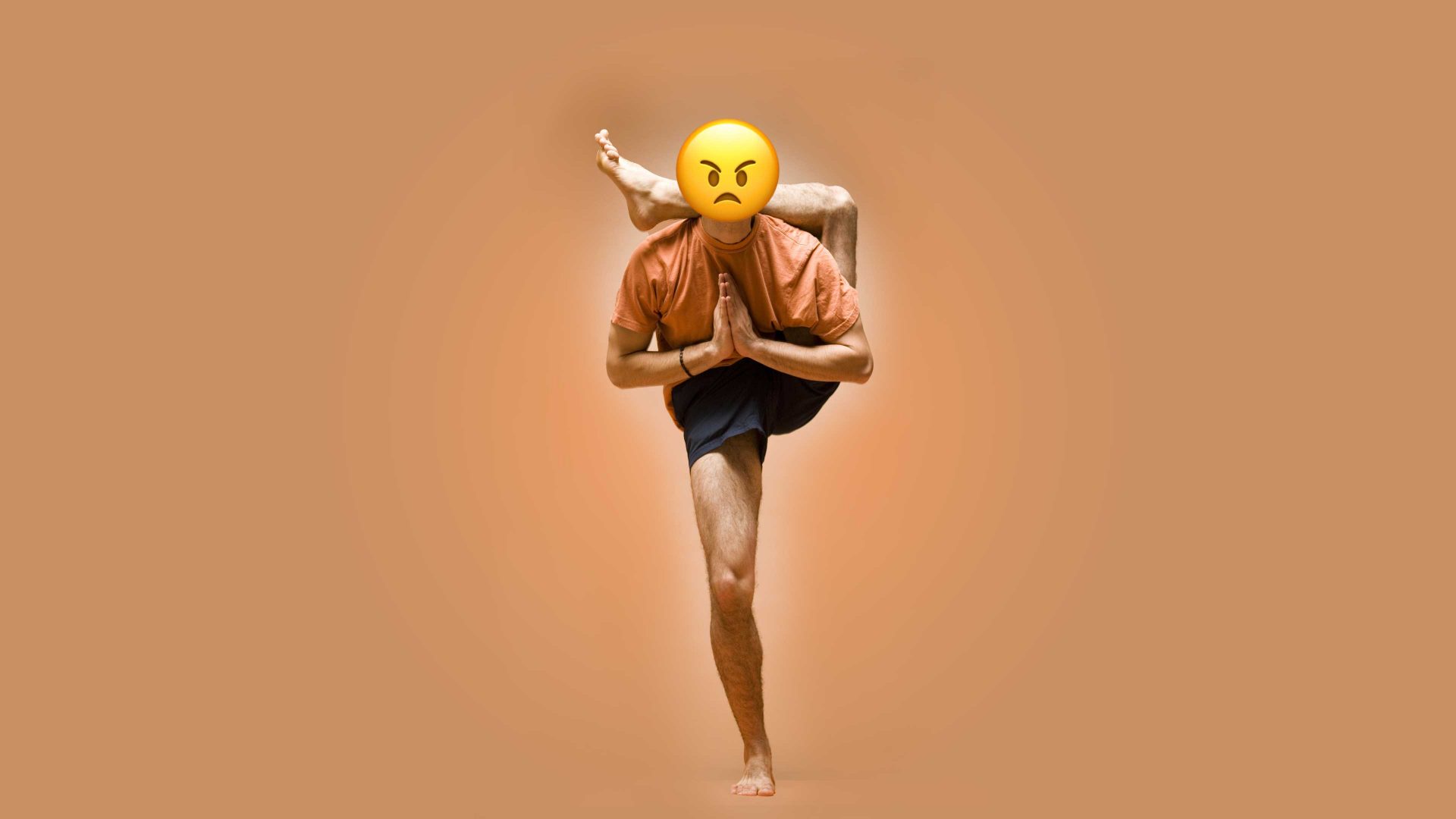Even among the high-rollers of 1960s Montreux, she cut an unmistakable figure at the roulette table. The slash of scarlet lipstick, the flowing sleeves of her designer gown, the light that sparkled from her rings and the precious stones around her neck, the tinkle and clatter of her bangles and bracelets every time she placed a bet.
There was an air of classy insouciance about her; this woman who had clearly known success on her own terms. Was there also a hint of melancholy among the mystery? Of missed opportunities and roads not taken? Her French had an accent that spanned the Atlantic suggesting a wealthy itinerant, the kind who washed up in places like Montreux after a life lived at the heart of things.
The woman greeting wins and losses at the roulette table with equal nonchalance was Olga Baclanova, one of the 20th century’s pioneering international stars of stage and screen. Like many of her generation, her course was disrupted by events and tragedies beyond her control yet through talent and determination she wrested the navigation of her destiny back from the vagaries of turbulent decades.
When she arrived in the US in December 1925 as the leading member of a Russian musical theatre company, Baclanova knew the tour had life-changing possibilities and was determined to make the most of them.
“Olga Baclanova has the extraordinary imaginative intensity and personal magnetism that separate the great from the ordinarily good,” said the Boston Globe of her performance in Carmencita and the Soldier. Vanity Fair called her “probably the most magnetic actress to appear on Broadway in years”.
Indeed, so startling were her performances on that tour that when the company returned to Moscow after six months, Baclanova remained behind, granted permission to star in a production of The Miracle which, when it reached California in the spring of 1927, truly set her on the path to international success.
“Mme Baclanova was a neverending source of anticipatory pleasure,” gushed the Los Angeles Daily News, “her acting running the gamut of human emotions with all the ease and feeling of the profound student of human nature.”
Hollywood immediately came calling, ensuring Baclanova would never return to the Soviet Union and a regime she hated.
She was the daughter of a wealthy mill-owner father and a mother whose own fledgling acting career had been curtailed by marriage. At 16, Baclanova’s talent, already noted by the acting coach Konstantin Stanislavski, was enough to beat off 400 aspiring actresses to win one of three coveted places in the prestigious Moscow Art Theatre company.
While Baclanova would spend most of her year touring Russia and Europe, summers were taken in the Crimea where, unbeknown to the Art Theatre hierarchy, she would act in forgettable, hammy cinema productions with titles like Vampire Woman and Death Loop that nonetheless provided valuable experience when she reached Hollywood.
The Bolshevik Revolution of 1917 changed her family’s circumstances dramatically, the regime seizing her father’s assets and confining the family to one room of their Moscow mansion. The experience took a heavy toll on Baclanova’s father, who died in 1922. The actress always maintained that he was effectively murdered by the Bolsheviks.
Realising her livelihood now depended on a system that had taken everything from her family, she appeared in the 1918 Soviet propaganda film Khleb (Bread), accepted whatever roles the Arts Theatre assigned to her and studied singing and dance, waiting for the opportunity to escape that arrived in the form of that 1925 tour.
By the time The Miracle ended and film offers began landing, there was no question of returning to Moscow. The USSR would never forgive her; even her brother Gleb, who would become a colonel in the Soviet army, never mentioned his sister’s name again despite her global flame.
On screen, she played a succession of vamps, including a countess opposite Conrad Veidt in 1927’s The Man Who Laughs and upstaging Emil Jannings so comprehensively as his wife in 1928’s Street of Sin that Jannings vowed never share a screen with her again.
One reviewer captured the essence of Baclanova’s magnetic screen appeal, describing how “she is a lithe and willing tigress, a handsome animal conscious of her power but applying it through instinct rather than by calculation. She is what she is by the grace of God without the slightest conception that she might be otherwise”.
Despite a couple of notorious duds that would have finished most careers, 1929’s The Woman Who Needed Killing and two years later the damp-squib musical comedy Are You There?, she scored enough hits to ensure that her name on the poster – billed simply as “Baclanova” – guaranteed full houses across the US.
Her most enduring role came in 1932 as the scheming trapeze artist Cleopatra in Todd Browning’s groundbreaking circus-based horror Freaks – a film so shocking it received a mixed reception at the time and earned its place in the cinematic canon only through reappraisal decades later. Back in 1932, Baclanova’s screen career was already in decline.
Many blamed her Russian accent and the advent of the talkie; rather it was the Great Depression prompting films with no place for Baclanova’s temperamental, fur-clad, jewellery-spattered vamps that drove her away from the screen. Having always preferred the theatre anyway, she was more than happy to return to the stage. Indeed, when asked in 1964 whether she had enjoyed working in film, Baclanova replied: “I did, because first they pay very good, second, I didn’t care what I played”.
1932’s Grand Hotel was arguably her finest stage performance, enjoying a long run in Los Angeles for which she received some of the best notices of her career. It was a demanding role even without a schedule more gruelling than she’d ever experienced.
“Every day, sometimes twice a day, I must weep with heartbroken desolation,” she said. “In order to give verity to the part I must work myself into emotional misery every time. When I played these kinds of roles in Russia there would only be two performances a week.”
There was a syndicated radio series and cabaret performances in the nightclubs of New York, but after her 1937 marriage to theatre producer Richard Davis, Baclanova’s work schedule wound down, not least because Davis disapproved of her cinema career. Her screen swansong came in 1943’s Claudia, an adaptation of a Broadway production in which Baclanova starred in a characteristic role as a flamboyant operatic soprano.
She retired from the stage in 1948 and lived quietly until a Golden Age of Hollywood revival during the 1960s drew her unwillingly back into the spotlight, prompting her move to Switzerland and the roulette tables of Montreux.
Eclipsed by contemporaries like Garbo and Dietrich, it’s difficult today to appreciate just what a presence Baclanova was in her heyday. In 1964 the legendary screenwriter Joseph L Mankiewicz spoke at an industry event recalling the great days of Hollywood. Listing the great names, he built to a climax where he paused, leaned into the microphone and concluded, “and… there was Olga Baclanova”.




